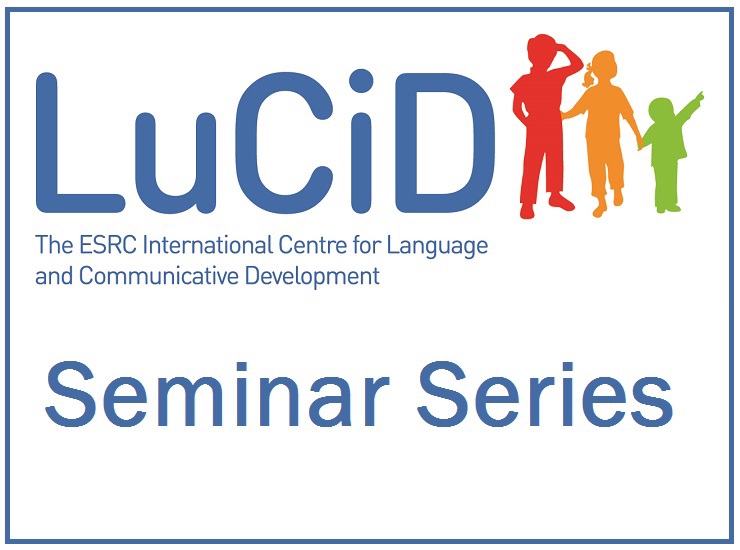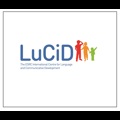
Dr Alex Cristia (CNRS) will give the next LuCiD seminar sharing some of her research on Acquisition across languages and cultures.
The seminar will take place online on Tuesday 3rd November from 11-12.30 and is free to attend. If you would like to join, please email our Centre Manager, Helen Allwood, and she will share details of how to access the seminar.
Abstract:
In the 1990s, Elinor Ochs and Bambi Schieffelin reported that infants in Eastern Samoa and Papua New Guinea were rarely spoken to by adults, and nearly never by their mothers, and yet they acquired language just as American children of highly educated parents, who made the infant the center and lord of the conversation well before they could talk. These interesting observations come back to mind in the current context of increasing investment in interventions to promote child-centered interactions as a basis for optimal language and brain development, including in cultures where customs run exactly counter these recommendations. In this talk, listeners will be able to choose between getting (partial) answers to a few of the following questions: What is the actual extent of variation in quantities of child-directed (maternal) speech? Do psycholinguistic acquisition theories vary in how much variance in outcomes one should expect, given variation in input quantity? Is child-directed and child-overheard speech equivalent in terms of learnability? What is the current evidence in terms of variation in language outcomes as a function of input quantities and/or a proxy for quantity (socio-economic status and/or cultures)? Might languages spoken by peoples where child-directed speech is rare be different from those spoken in child-centered cultures?

